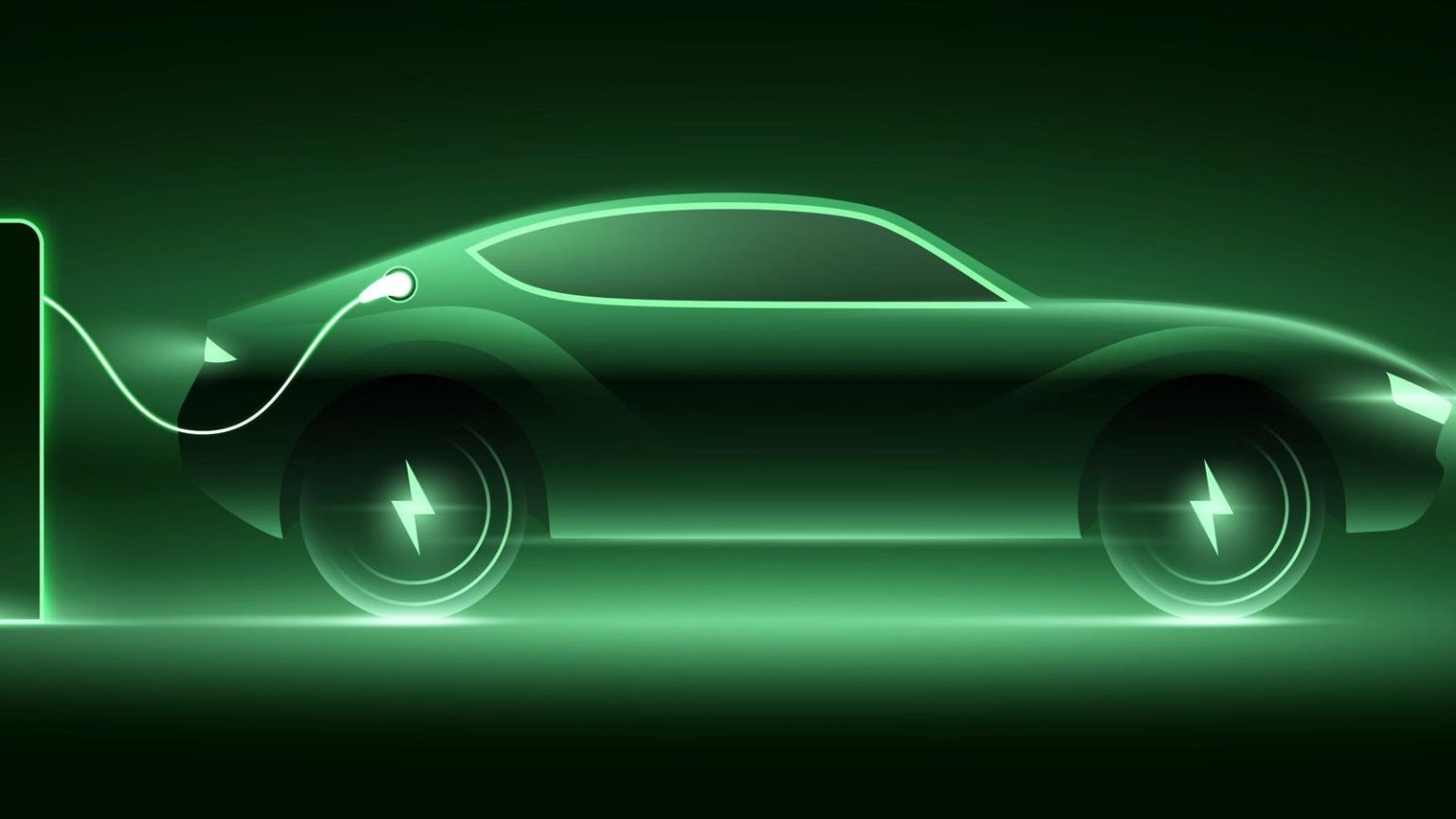The Biden Administration has set new goals to reduce carbon dioxide emissions from vehicles, aiming for more than 56% of new passenger vehicle sales to be electric by 2032. While some environmentalists criticize the rules for not being strict enough, automakers are generally on board with the regulations, seeing them as a roadmap for a clean transportation revolution. U.S. EV sales hit a record in 2023, but have slowed in 2024 due to factors like high prices, interest rates, and a lack of charging infrastructure. However, analysts believe that improvements in battery technology and a wider range of affordable electric vehicle models will attract more consumers in the coming years.
There are potential challenges to the transition to electric vehicles, including opposition from Republicans and the possibility of a second term for Donald Trump, who has previously rolled back environmental regulations. However, manufacturers appreciate the flexibility in the new rules, allowing them to meet targets with a variety of technologies, including hybrids and plug-in hybrids. Additionally, the economic benefits of investing in battery and materials plants, which will create jobs in conservative states, may outweigh the support for gas-powered vehicles.
Norwegian tech startup Heimdall Power claims that its sensors and software can increase existing transmission line capacity by up to 40%. The company recently secured a major deal with Minnesota’s Great River Energy, resulting in a 43% capacity increase on several power lines. Heimdall’s technology helps monitor and optimize power grid efficiency, especially as electricity demand rises due to factors like electric vehicles, data centers, and new uses of artificial intelligence.
CalPIRG State Director Jenn Engstrom discusses the challenges of recycling Amazon’s plastic mailers, noting that plastic film is difficult to recycle. A recent study found that only a small percentage of Amazon plastic waste dropped off at store bins actually makes it to recycling centers. Engstrom suggests that Amazon should switch to using paper packaging like they have in Europe, as it is more easily recyclable. She calls for companies to be more transparent and committed to sustainable packaging practices to reduce plastic waste.
In other news, a billionaire pig farming family is focusing on ethical products, a nuclear plant closure led to increased emissions, fossil fuel subsidies remain difficult to eliminate, the Olympics are aiming to reduce carbon emissions, and Harvard has halted a controversial atmospheric geoengineering experiment. Additionally, the EPA has banned asbestos, a deadly carcinogen, but it is still in use decades after a partial ban. Companies are stepping back from making climate promises, and there is ongoing debate about the effectiveness of climate-related initiatives and regulations.


